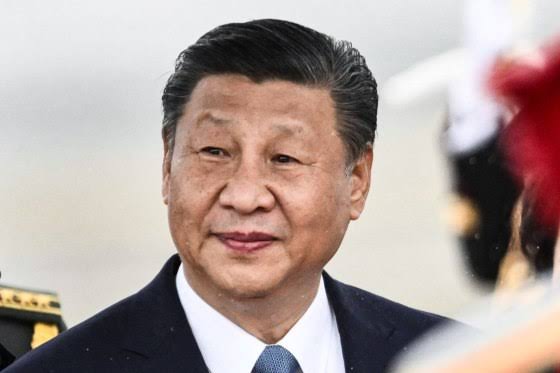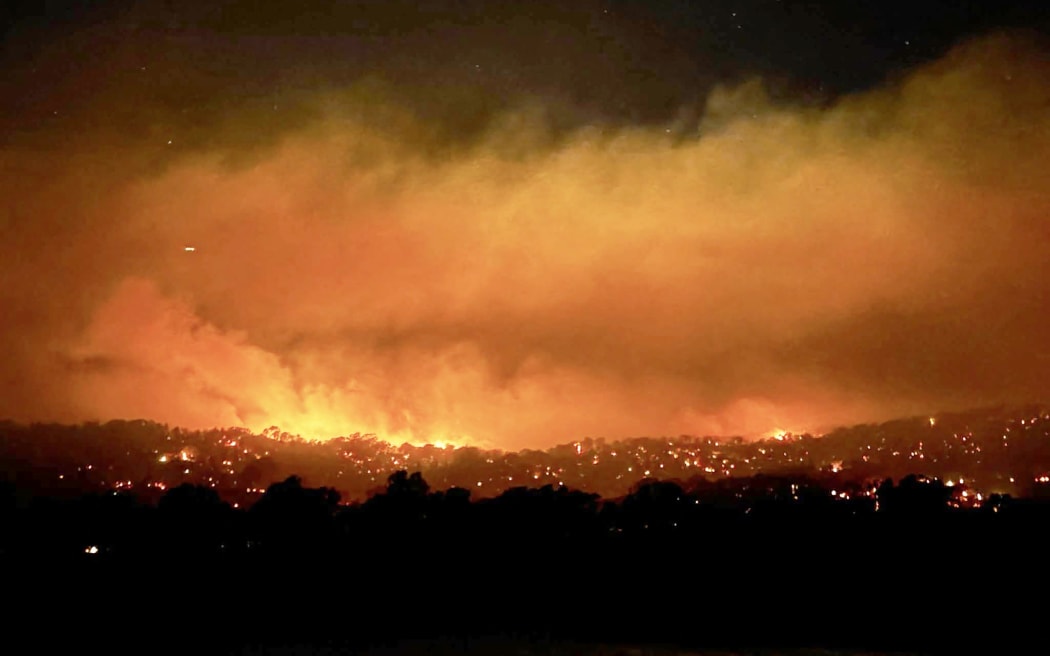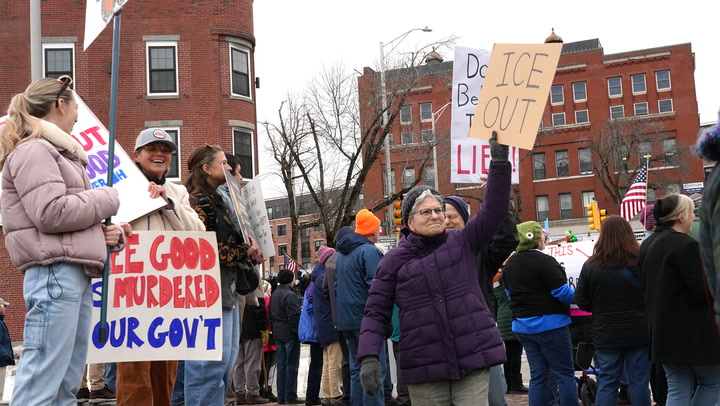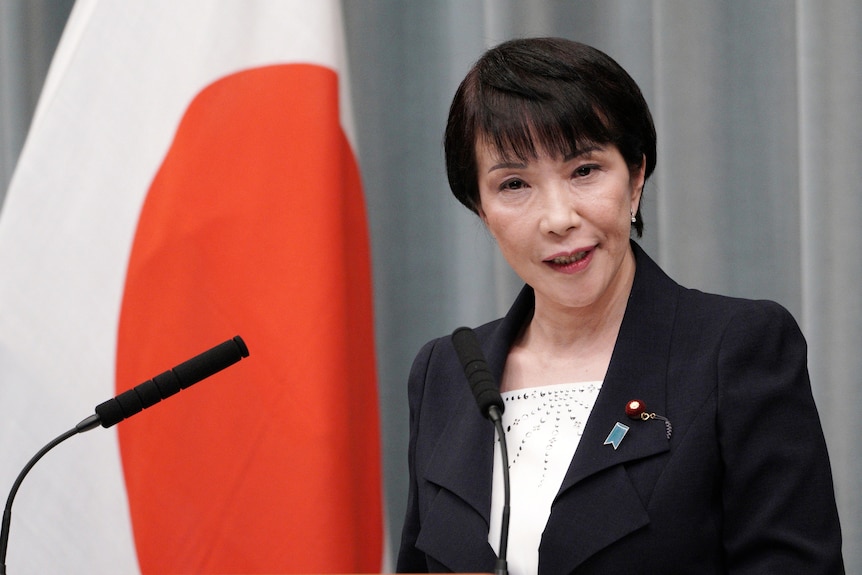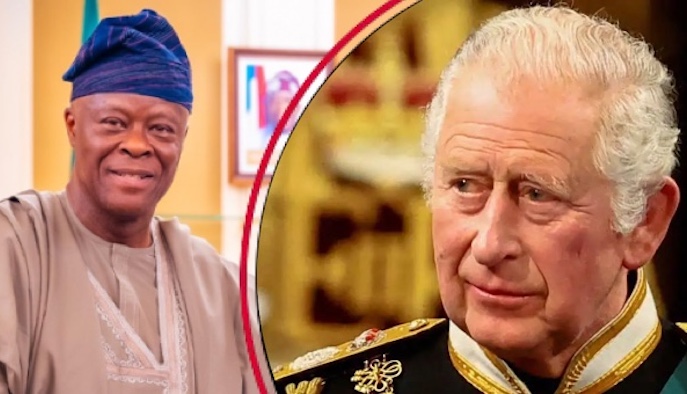Beijing is bracing for a grand military parade, a meticulously staged display of power orchestrated by President Xi Jinping. Eight massive Chinese flags flank a portrait of Mao Zedong atop the Gate of Heavenly Peace, overlooking Tiananmen Square, one of the largest public squares in the world.
Rows of seats have been reserved for 26 foreign heads of state, including Russia’s Vladimir Putin and North Korea’s Kim Jong Un, signaling Xi’s diplomatic influence. Nearby, outside the Great Hall of the People, two enormous floral arrangements commemorate the end of World War II, while seating for roughly 50,000 invitees stretches across the square.
On Monday, the final day of preparations, Chang’an Avenue, the main thoroughfare through the square, was briefly reopened to the public. Locals captured the scene on their phones, documenting the spectacle. Officially, the parade celebrates 80 years since Japan’s surrender and China’s victory in the war, but for Xi, it represents far more: a projection of domestic pride and international influence.
This week has already been a milestone for the Chinese leader. Indian Prime Minister Narendra Modi visited Beijing for the first time in seven years, signaling a thaw in strategic and economic ties. Meanwhile, more than 20 world leaders attended the Shanghai Cooperation Organisation summit in Tianjin, its largest ever gathering. Now, attention turns to the Beijing parade, where Xi will display precise troop formations alongside new hypersonic missiles and unmanned underwater drones.
Read Also: Five Turkish Defense Firms Rank Among Global Top 100
Kim Jong Un’s attendance, the first for a North Korean leader at such an event since 1959, adds a further layer of spectacle. Xi will appear alongside both Kim and Putin, prompting international headlines and speculation about a so-called “axis of upheaval.”
The parade also carries a domestic message. Films, media campaigns, and state coverage have framed World War II as the “people’s war of resistance against Japanese aggression,” fostering patriotism while downplaying the role of Nationalist forces. The narrative has sparked tension with Japan, which reportedly urged European and Asian governments to avoid the event.
For Xi, the parade is both a domestic celebration and a statement to the world: China’s rise is tangible, and its leader is firmly in command.

